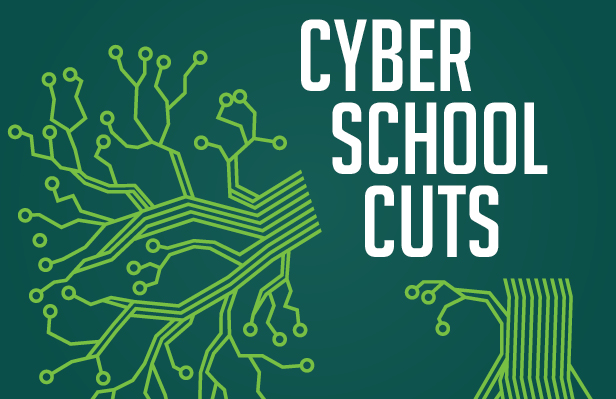Media

Are Cyber School Students Second-Class Citizens?
Editor’s Note: Jake Swink is a summer intern at Commonwealth Foundation and, starting in September, will be an active duty 2nd Lieutenant in the U.S. Air Force specializing in cyber operations.
As a 2009 graduate of Commonwealth Connections Academy—one of 16 cyber schools in Pennsylvania—I’m very worried about some recent news articles that seem to treat the more than 35,000 students who choose cyber education as second-class citizens.
Stories published by the Pittsburgh Post-Gazette, the Scranton Times-Tribune, and the Bucks Courier Times all fault cyber schools for siphoning too much money from public school districts. Nothing could be further from the truth. The fact is school districts actually keep 20 percent of each cyber student’s public funding without having to provide them any education.
These stories cite lax oversight and recent scandals as reasons to question the legitimacy of cyber and other charter schools. Their solution? Arbitrary funding cuts.
While Commonwealth Foundation supports reforms to strengthen charter school accountability, simply reducing the funding for cyber schools that already receive one-fifth less won’t provide greater accountability or prevent scandal—it will simply harm students, like me, seeking the best education they can get.
There are wide disparities in funding and quality levels among school districts across the state, and not just because of local decisions. The state funding formula just doesn’t make sense. This can be seen within Bucks County: While Bristol Borough received more than $6,200 in state funding per student in 2012, Central Bucks got only $2,300. Disparities in the state as whole are even more stark: Duquesne School District (near Pittsburgh) receives more than $15,000, while Derry Township (near Harrisburg) receives less than $2,000.
While this broken system shows up in cyber school funding, it’s a systemic problem and should be addressed in that broader context.
I chose cyber school for the self-pacing and flexibility it offers, which allowed me to work ahead and learn more in less time than at a traditional school. But there are other, more urgent reasons parents and students are rushing, and often waiting in line, to enroll in charter schools.
Kids in violent and failing school districts, like some in Pittsburgh and Philadelphia, use cyber schools as an escape from circumstances they inherited simply by being born.
Arbitrarily reducing funding will prevent economically disadvantaged kids like these from taking advantage of the opportunities I had in cyber school—and that just isn’t right.
Listen to Jake Swink tell his cyber school story in our latest podcast: Cyber School in Real Life and voice your support of cyber schools at CyberSchoolsSave.org.